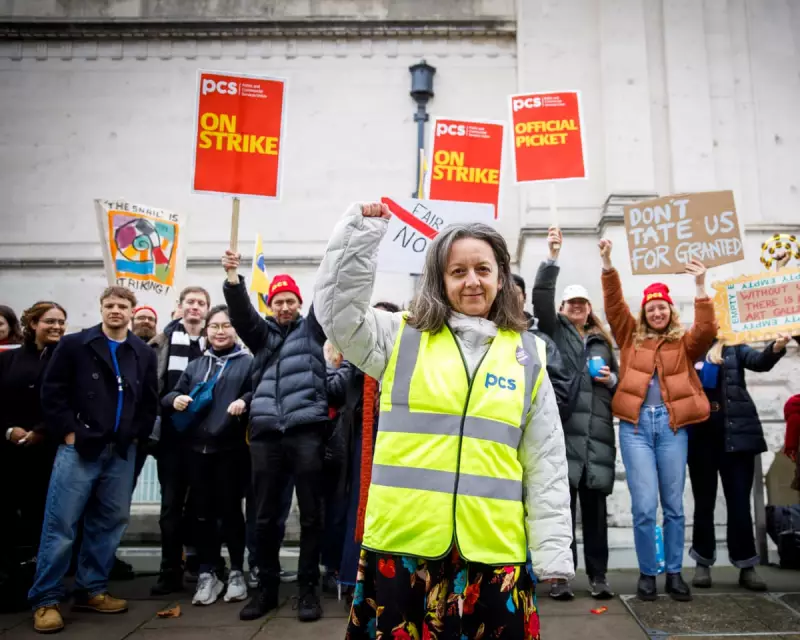
Staff across the Tate galleries in the UK have launched a significant seven-day strike, protesting against what they describe as insulting pay offers and worsening working conditions. The industrial action, which began this week and is scheduled to run until 2nd December, has seen employees picketing outside Tate Britain, coinciding with the high-profile opening of the Turner and Constable exhibition.
Picket Line Protests and Staff Anger
On the picket lines in London, striking staff held placards conveying their frustration. Signs read messages such as "Treat staff like art! Handle with care" and "Goodwill don't pay the bills." Another creatively designed placard, styled as a Guardian review, stated: "Tate Gallery review – a portrait of the staff in turmoil." Visitors to Tate Britain were met with notices warning that while galleries were open, some spaces might need to close at short notice due to the walkout.
Susete Almeida, the chair of the Public and Commercial Services (PCS) union branch at Tate Britain, articulated the depth of the discontent. She revealed that two consecutive years of below-inflation pay rises have left many staff in severe financial difficulty. "They can no longer afford their rent, members are on universal credit and some are using food banks," Almeida stated, highlighting the stark reality for some gallery employees.
The Core of the Pay Dispute
The strike follows a ballot by the PCS union, where an overwhelming 98% of members voted for industrial action on a turnout of more than 87%. The union has rejected a salary increase of between 2% and 3% offered by Tate management, labelling it "inadequate" during a period of soaring living costs and concerns over endemic low pay.
A Tate spokesperson defended the institution's position, stating that careful savings had been made to invest in staff pay while achieving a balanced budget. The spokesperson noted a 3% salary increase for most roles, including all employees on the lowest three pay bands, and mentioned that directors were taking a 0% increase to help balance overall costs. "It is only by creating and maintaining a sustainable financial model that we can continue to invest in our staff in the long term," the spokesperson added.
Broader Grievances and Potential Impact
Beyond the immediate pay issue, staff anger extends to the withdrawal of several key benefits. The union is demanding the return of staff perks, including a canteen and subsidised meals. A front-of-house employee emphasised the importance of this, noting, "Our canteen served us subsidised hot food, and some of the people who work here are on such low wages that that was their only hot meal of the day." There is also significant frustration over the institution's decision to withdraw access to the civil service pension scheme for new starters from 2021.
The strike has already forced the closure of Tate Liverpool, which was operating from a temporary location during renovation works. While Tate Modern, Tate Britain, and Tate St Ives remained open, the industrial action threatens to cause operational disruption in the busy lead-up to Christmas. If a resolution is not found, the strike action could extend into the new year, potentially affecting major exhibitions such as Tracey Emin's upcoming show at Tate Modern, scheduled for February.
Anonymous testimonials from staff reveal the human impact of the dispute. A sculpture conservationist pointed out, "People look at our jobs and say it must be amazing to work with these works of art, and it is, but it's not a hobby. We still have rent to pay, mortgages and bills. And our pay is going down every year, so it's hard to sustain." Another PCS member working in the library and archive expressed disbelief that a director's bonus could be equivalent to their entire annual salary.





